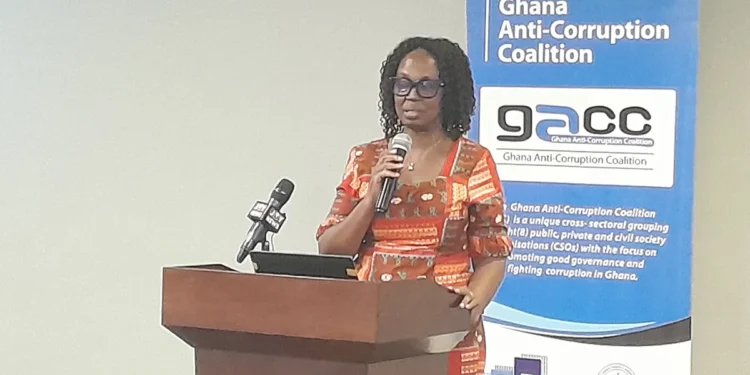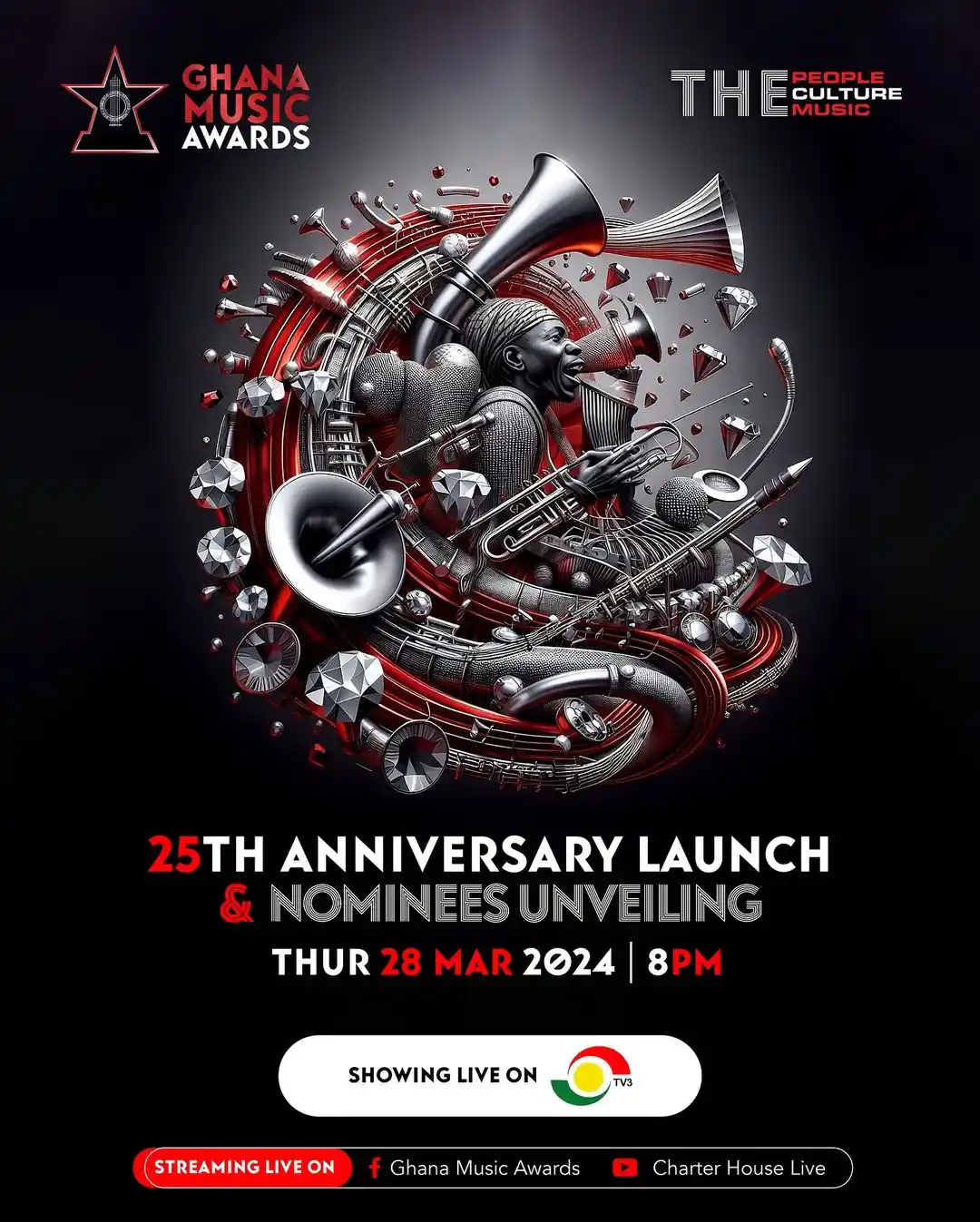The Ghana Anti-Corruption Coalition (GACC) has organized a media training workshop focused on the impact of Serious and Organised Crimes (SOC) on the upcoming 2024 elections. Funded by the Foreign Commonwealth and Development Office (FCDO), the workshop was conducted in collaboration with the Ghana Integrity Initiative (GII) and the African Centre for Energy Policy (ACEP) under the theme: “Safeguarding Ghana's Stability in the Face of Serious and Organised Crime (SOC) Threats During the 2024 Elections.”
Mrs. Beauty Emefa Narteh, the Executive Secretary of GACC, emphasized the critical role of addressing SOC, which often intersects with election campaign financing. She underscored the importance of safeguarding Ghana's democratic processes against SOC threats, which pose a significant risk to the integrity of elections.
The workshop aimed to empower media practitioners with the knowledge and tools necessary to combat SOC threats leading up to the 2024 elections. Mrs Narteh highlighted GACC's objectives to deepen public understanding, enhance monitoring mechanisms, and garner commitment from all stakeholders, particularly political actors, to combat SOC and strengthen governance against corruption.
Mr. Samuel Appiah Darko, Director of Strategy, Research, and Communication at the Office of the Special Prosecutor (OSP), urged the media to familiarize themselves with the relevant legislation to effectively communicate on corruption-related issues. He emphasized the importance of asking detailed questions during election coverage to gather evidence supporting investigations and prosecutions of election-related offences.
Mr. Leo Antony Siamah, Deputy Head of Legal and Prosecution at the Economic and Organised Crime Office (EOCO), outlined how SOC perpetrators can influence elections through various means. He highlighted the ideologies, hierarchy, and illegal activities of SOC groups, emphasizing their evolving involvement in electoral processes.
Mr. Kweku Krobea Asante, Team Lead for Fact-Check Ghana at the Media Foundation for West Africa (MFWA), emphasized the challenges of reporting on corruption and provided guidance on accessing information sources to uncover corrupt practices.
The training workshop aimed to equip media professionals with the necessary skills and knowledge to effectively combat SOC threats and ensure the integrity of Ghana's democratic processes leading up to the 2024 elections.























